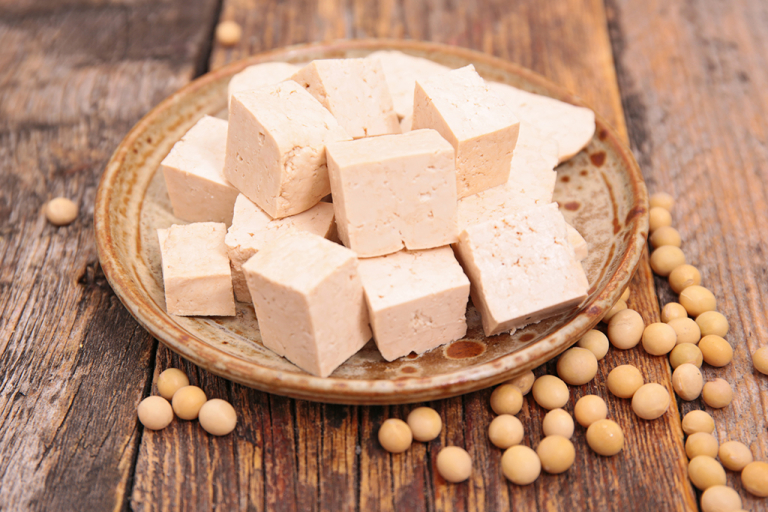As the “Dry January” challenge, involving giving up alcohol for the month of January, continues to grow in popularity, “Veganuary,” a campaign that started in the United Kingdom, is now encouraging people to try a plant-based diet for the first month of the year. Riding the wave of New Year’s resolutions, the vegan movement is hoping to convince more people to adopt a plant-based diet that respects both animal well-being and the environment.
But some people may wonder about the practicalities of going vegan, such as which ingredients to favor and what alternatives are available to animal-source foods.
In fact, while giving up meat can be relatively straightforward, eggs and dairy produce are used to make lots of our day-to-day dishes. However, a host of plant-based alternatives exist, often with nutritional values sufficient to make up for any deficiencies.
Here are some ingredients to get to know for a “Veganuary” that doesn’t compromise on flavor.

Eggs
Going vegan evidently means giving up omelettes and boiled eggs. But eggs are also used in many other dishes, especially the sweet treats that you may be reluctant to go without.
Fear not. It is, for example, perfectly possible to make tasty chocolate cakes by replacing eggs with cornstarch or aquafaba, the thick water in which garbanzo beans have been cooked. Fruit purée (apple, banana) is also a good option for pastries and baking, as well as avocado, which has the advantage of its relatively neutral flavor and smooth texture.
Dairy products
Milk: almond milk, coconut milk, rice milk. While the taste isn’t quite the same as cow’s milk, plant-based milks are typically lower in calories and can be easily used in sweet or savory recipes. You can, for example, use oat milk or soy milk to make pancake mix.
Crème fraîche: Coconut cream, silken tofu and soy yogurt all offer a similar texture and a taste to traditional cream.
Butter: Alternatives may never be able to fully replace the joy of hot buttered toast, but there are many plant-based options to this dairy product. These include oil seed purées (cashew nuts, almonds, etc.), puréed avocado and coconut oil.
Gelatin
Frequently used in mousse-based desserts and panna cotta, gelatin is what helps them set. It is not suitable for vegetarians and vegans, since it is often made using animal collagen, notably from pork.
However, it can easily be replaced by agar agar, a plant-based setting agent obtained from a type of algae. Beware though, as agar agar is a more powerful setting agent than animal-based gelatin, so quantities won’t be the same. Note that agar agar can also be used to substitute eggs in certain recipes, such as chocolate mousse or custard tart. JB
RELATED STORIES:
After the vegan burger, here comes the ‘vegan egg’

